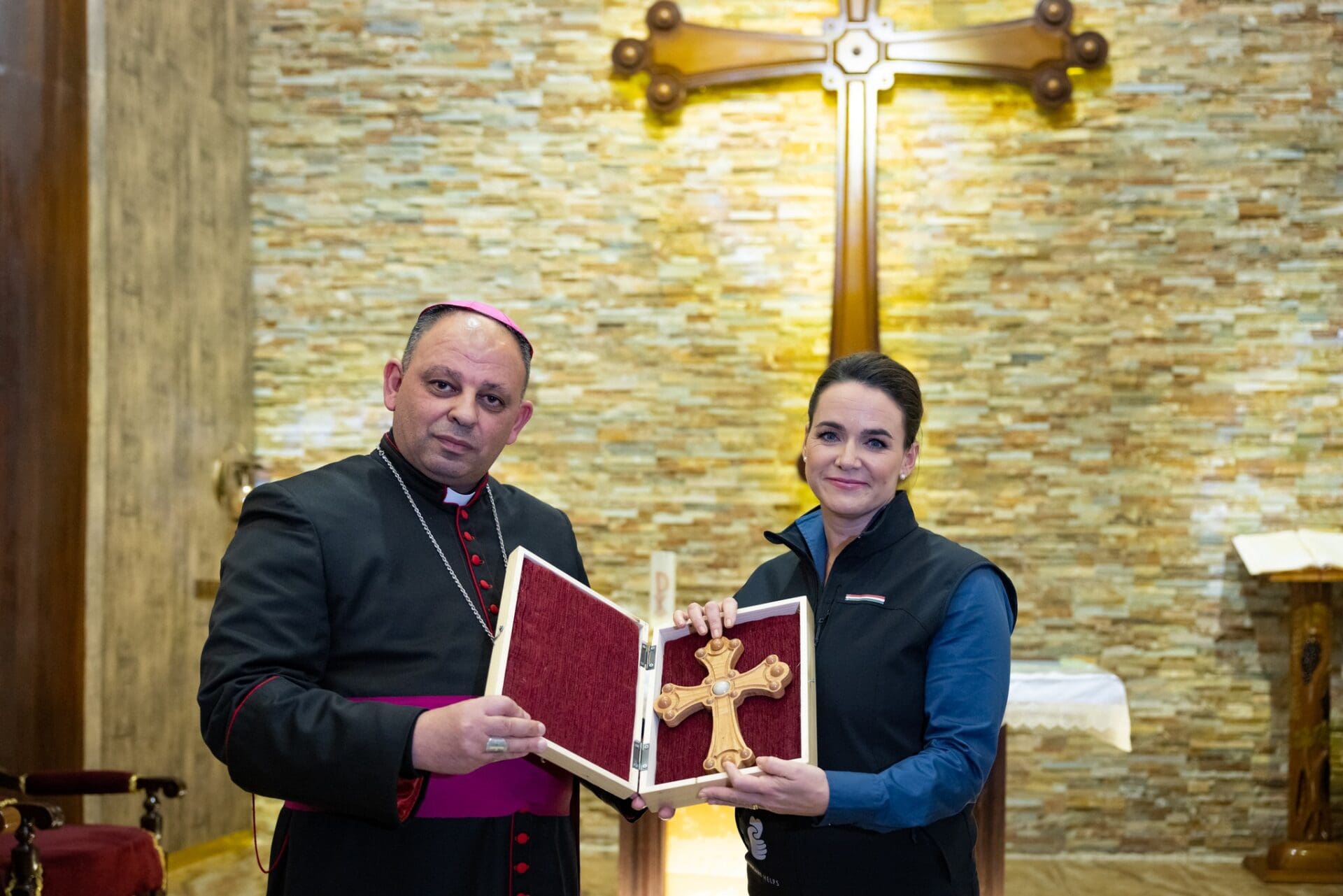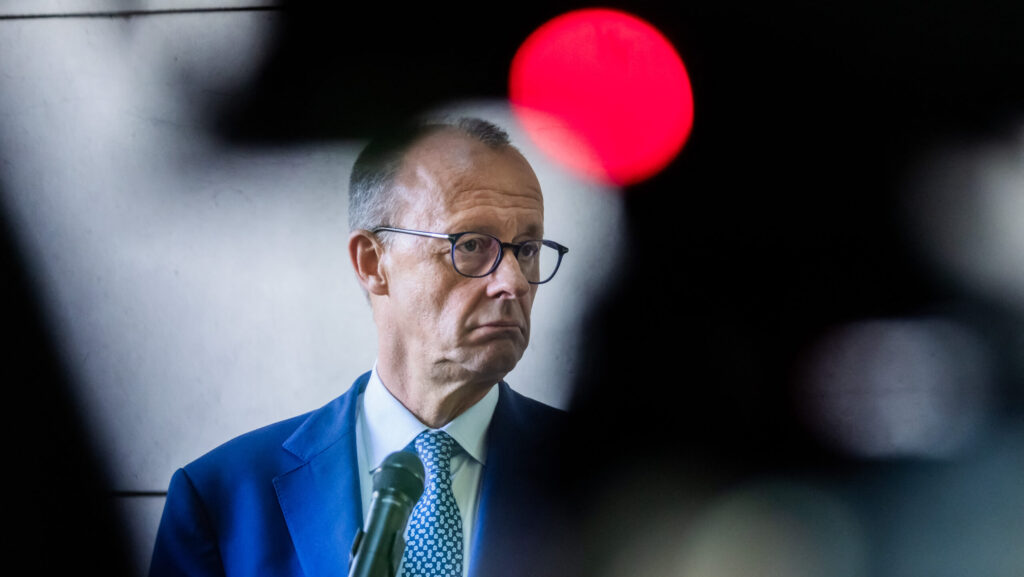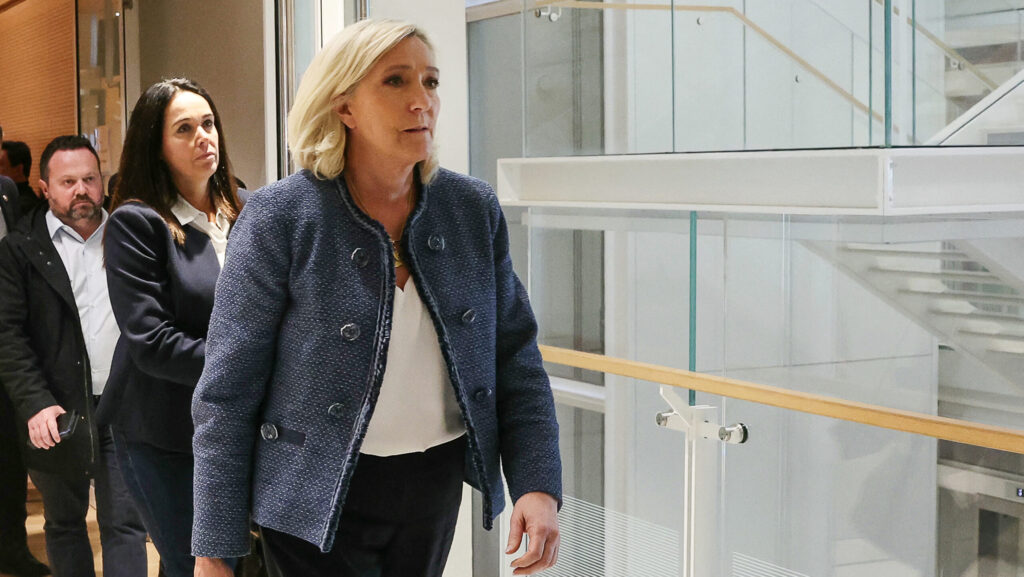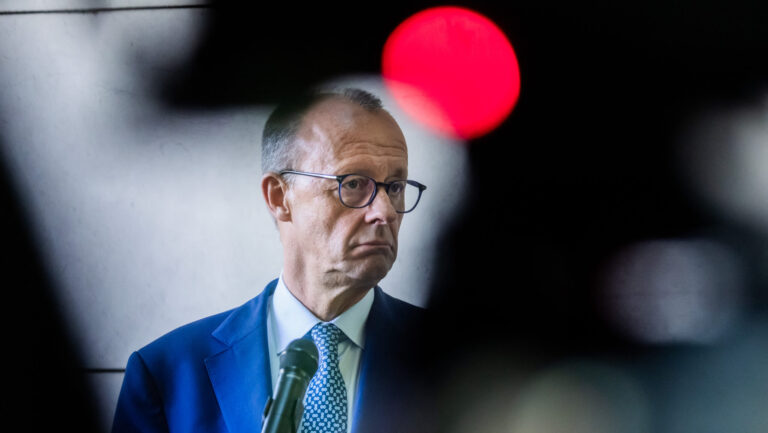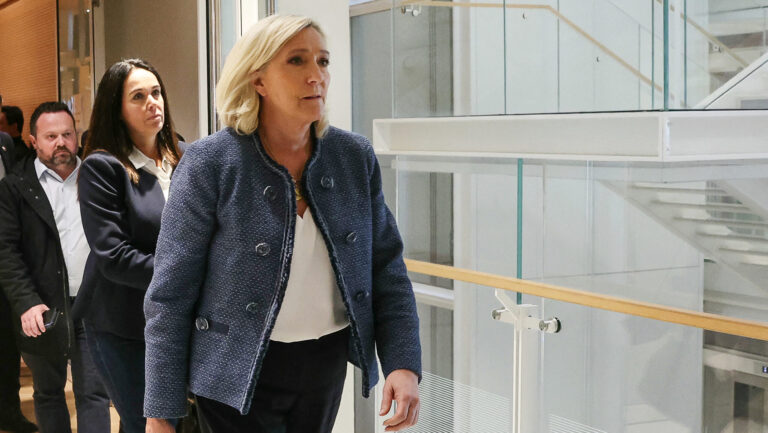Katalin Novák is the first Hungarian President of the Republic to have visited Iraq.
As part of her busy schedule during her three-day visit to the Middle Eastern country, President Novák met with Hungarian soldiers serving in Iraq, and she inspected the local projects of Hungary Helps, Hungary’s international humanitarian aid programme launched in 2017.
As a member of the international coalition established to fight the Islamic State, the Hungarian government decided in 2015 that, under certain quotas, its military will carry out partner capacity building, force protection and security escort tasks in Iraq. The size of the Hungarian mission was originally maximized at 150 troops, which was later increased to 200. Typically, that quote is not completely filled—generally, 130 to 160 Hungarian soldiers serve in the country. Most recently, a rotation of 139 soldiers started serving in September, in which 41 reservists were also included for the first time.
The situation in Iraq is tense, with regular shooting and missile attacks.
Recently, Iran has also launched several missile and drone attacks against targets in Iraqi Kurdistan,
claiming that the Kurdish militias operating there were involved in the anti-regime demonstrations that broke out in the Persian state this autumn. After the United States killed Qasem Soleimani, the General of the Islamic Revolutionary Guard Corps in Baghdad in 2020, the Iranian retaliatory strikes hit the US-run Erbil International Airport, too. At that time, the Hungarian soldiers who were guarding the airport managed to take cover in time, so no one was wounded. Ever since, mostly Shiite militias linked to Iran have been launching rocket strikes on the region.
In November, the Turkish Air Force also struck targets in northern Iraq after the Kurdistan Workers’ Party (PKK), which is considered a terrorist organization, had carried out a bombing in Istanbul.
On the second day of her visit on Friday, Katalin Novák met with Iraqi President Abdul Latif Rashid. The two discussed the Russo-Ukrainian war and were in agreement that the sides should make peace as soon as possible. In terms of Hungary’s contribution to the effort of the anti-IS coalition, the President said on Facebook:
‘We agreed that international terrorism is a common enemy of our countries, and we condemn all forms of terrorism.’
Hungary’s commitment is not only in words, but also in deeds, with a significant military force engaged in the fight against the Islamic State,
she added.
The Hungarian President also travelled to Tel Skuf, where she participated in a community prayer held for peace. Novák visited a kindergarten in the town, where the children surprised the President by performing a Hungarian folk song in Hungarian, as a token of appreciation for all the support received from Hungary.
Foreign Ministry State Secretary Azbej Tristan in charge of the Hungary Helps programme, who accompanied the President, told public media that ‘due to our Christian identity, we stand up for persecuted Christians, the most persecuted religious community in the world, with 300 million of its followers suffering persecution as a result of their beliefs.’ He noted that in Tel Skuf in Northern Iraq, Hungary had provided a humanitarian emergency aid to the town and contributed to rebuilding 900 residential houses allowing nearly 1,000 families return to their homes.
As Hungarian Conservative also pointed out, twenty years ago, roughly one and a half million Christians lived in Iraq—today, there are only an estimated 120,000 left. That is why it had a special significance when Pope Francis travelled to Iraq in 2020, also visiting Mosul, which used to be considered the capital of terrorist groups and was liberated five years ago, and Erbil. Emigration from the country still causes huge problems, however—according to UN data, the ninth largest group of illegal migrants arriving in Europe was from Iraq.
Click here to read the original article

